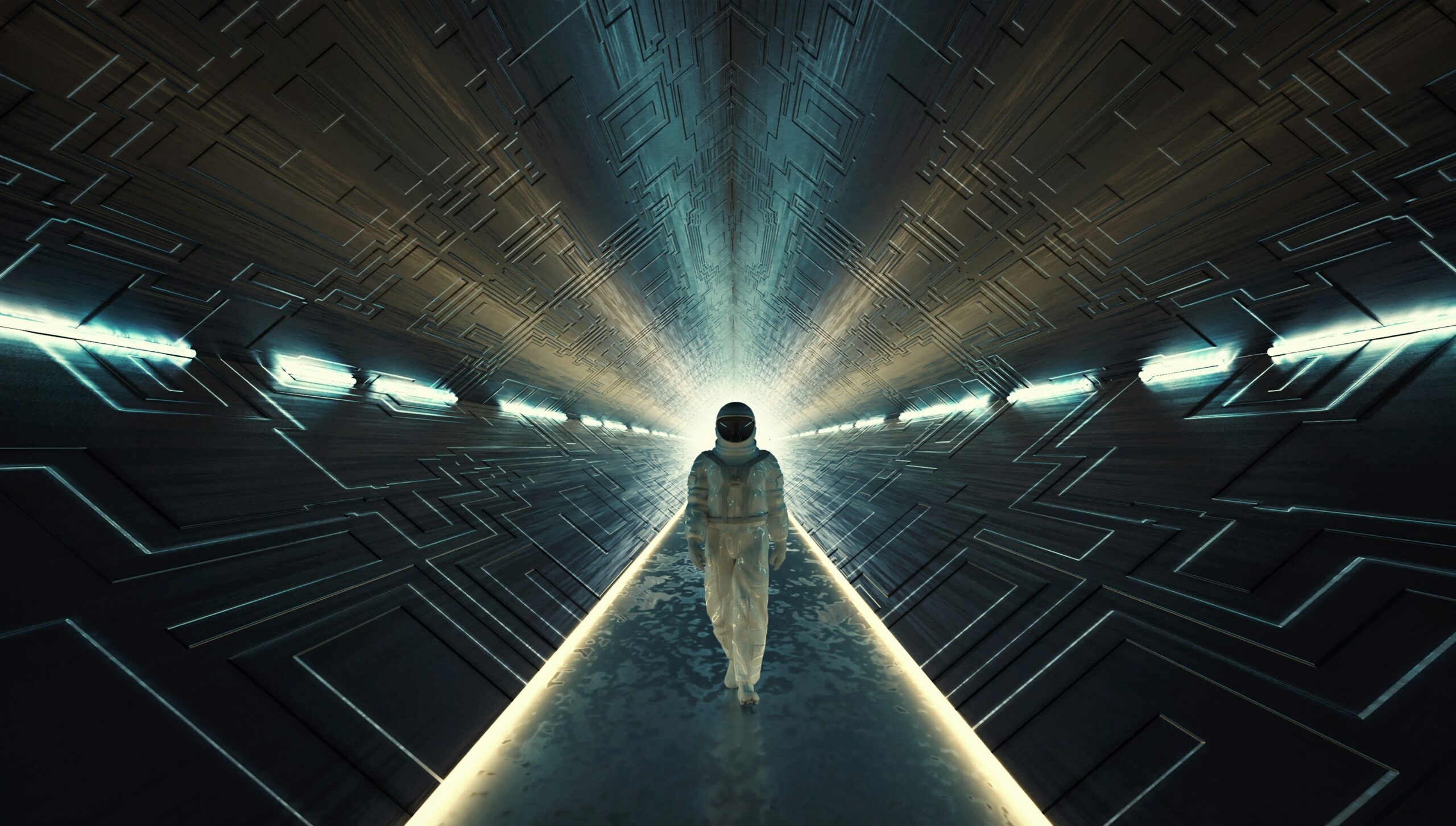
Science fiction has long been a genre that sparks the imagination, allowing readers and viewers to travel beyond the boundaries of reality. Through fantastical worlds, futuristic technologies, and otherworldly creatures, science fiction explores the unknown, challenging both scientific concepts and human nature. As we journey through this genre, we discover not only what is possible but also what it means to be human in a rapidly advancing world. The world of science fiction offers endless possibilities, presenting both awe-inspiring wonders and chilling dystopias that keep us on the edge of our seats.
The Rise of Science Fiction
Initially, science fiction was considered a niche genre, limited to pulp magazines and speculative fiction novels. In its early days, it often struggled to be taken seriously by mainstream readers and critics. However, as time passed, the genre gained respect and became a force in literary and cinematic circles. Authors such as H.G. Wells and Jules Verne set the stage for science fiction by creating compelling narratives about time travel, space exploration, and other groundbreaking concepts. Their work inspired future generations of writers to push the boundaries of storytelling even further.
As the genre expanded, the focus began to shift from purely speculative technology to more profound social commentary. Writers like Isaac Asimov, Arthur C. Clarke, and Ursula K. Le Guin brought forward complex ideas about artificial intelligence, alien life, and societal structures. These narratives not only entertained but also raised critical questions about the future of humanity. Making science fiction a powerful tool for reflection on our present condition. Consequently, science fiction became a medium through which both scientific possibilities and philosophical debates could be explored.
The Impact of Technology and Innovation
One of the most intriguing aspects of science fiction is its relationship with technology. Often, futuristic technologies play a central role in these stories. Highlighting both the potential benefits and the risks that come with innovation. For instance, the iconic Star Trek series, with its advanced spacecraft and artificial intelligence, serves as a symbol of hope for humanity’s future in space. It imagines a world where cooperation and knowledge prevail, and technology serves to enhance the human experience.
However, not all science fiction stories portray technology in a positive light. Dystopian novels like George Orwell’s 1984 or Philip K. Dick’s Do Androids Dream of Electric Sheep? Emphasize the dangers of unchecked technological progress. These stories often depict societies where technology is used to control or oppress individuals, offering a stark warning about the potential consequences of losing control over the tools we create. Such contrasting views demonstrate how science fiction serves as both a celebration of technological achievement and a cautionary tale about its dangers.
Exploring New Worlds and Civilizations
In addition to exploring technological advancements, science fiction is known for its exploration of new worlds and alien civilizations. From the distant planets of Star Wars to the vast reaches of space in The Expanse, these stories present vast, unfamiliar landscapes that challenge human perceptions of reality. These otherworldly settings allow writers and filmmakers to examine human culture from new angles, often through the lens of alien societies that differ radically from our own.
What makes these explorations so compelling is the way in which they highlight both the similarities and differences between us and the creatures we encounter. In many cases, alien species in science fiction are portrayed as mirrors reflecting aspects of humanity—our virtues, our flaws, and our capacity for both creation and destruction. Through these interactions, science fiction forces us to confront questions about the nature of life. The universality of intelligence, and the complexities of coexistence.
The Role of Dystopia and Utopia
Science fiction has a long-standing tradition of exploring both dystopian and utopian futures. While utopian narratives often depict idealized worlds where social harmony, peace, and technology work hand-in-hand for the betterment of all. Dystopian stories offer a darker vision of the future. These tales typically showcase societies where technology or government has gone awry, leading to oppression, surveillance, and a loss of personal freedom. Both types of stories enable readers and viewers to explore the potential outcomes of human actions, offering valuable insights into the directions society might take.
Utopian science fiction, although less common, serves as a blueprint for what an ideal future could look like. It often envisions societies where equality, environmental sustainability, and peace are achieved through the judicious use of technology. These works inspire hope and serve as a reminder of the potential for human progress. On the other hand, dystopian narratives, which dominate the genre, serve as warnings. They highlight the dangers of unchecked power, inequality, and environmental degradation, offering a cautionary tale about the consequences of neglecting ethical responsibility.
Endless Possibilities Await
Science fiction remains one of the most dynamic and influential genres in literature and film. Constantly evolving as it reflects the ever-changing landscape of technology, society, and human nature. Whether it’s through the depiction of advanced technologies, the exploration of new worlds, or the examination of utopian and dystopian futures. Science fiction provides a space for both excitement and introspection. As we continue to push the boundaries of possibility in the real world, the genre will undoubtedly continue to inspire new ideas. Challenge conventional thinking, and explore the endless potential of what lies ahead. The journey through science fiction is far from over, and its adventures are just beginning.